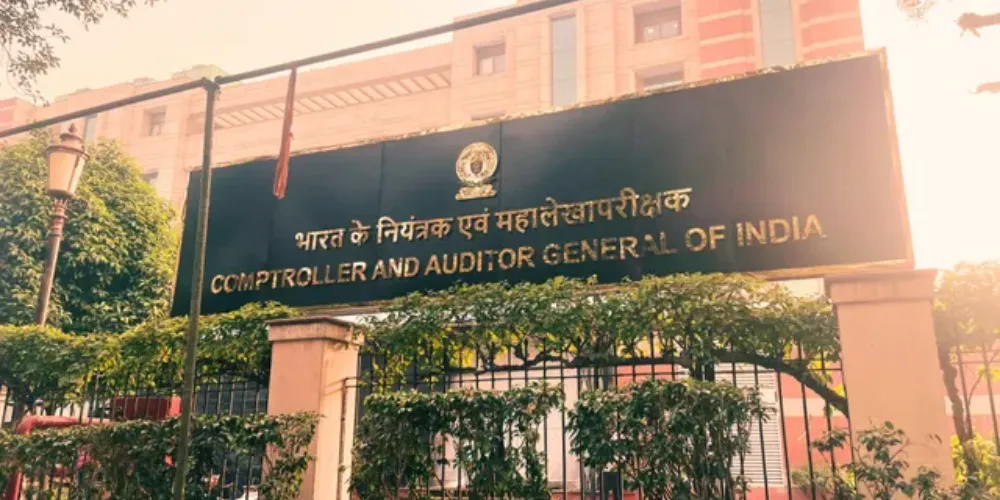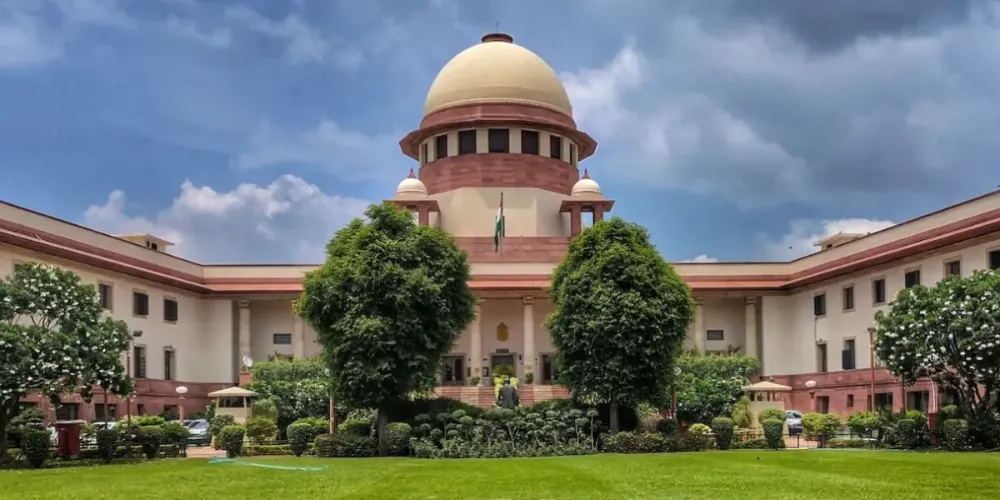The Supreme Court has issued a notice to the Central government regarding a Public Interest Litigation (PIL) that raises concerns over the process of appointing the Comptroller and Auditor General (CAG) of India. The petition questions the transparency and fairness of these appointments, urging the court to ensure an independent and merit-based selection process.
PIL Challenges the Selection Process
The PIL contends that the appointment of the CAG lacks a clear, objective, and competitive selection process. It argues that the government holds unchecked discretion in making these appointments, which could undermine the autonomy and credibility of the office. Petitioners demand a more structured and transparent mechanism, similar to the appointment processes of other constitutional bodies.
The Comptroller and Auditor General of India plays a crucial role in auditing government accounts and ensuring financial accountability. The petition stresses that any political influence in the appointment process could compromise the institution’s impartiality, affecting its ability to act as an independent watchdog.
Supreme Court Seeks Centre’s Response
Taking cognizance of the matter, the Supreme Court has issued a notice to the Centre, seeking its response on the concerns raised in the PIL. The court is expected to examine whether the current system aligns with constitutional principles and whether reforms are necessary to uphold the independence of the CAG.
Legal experts believe this case could set a significant precedent regarding the appointment of key constitutional officers in India. If the court rules in favor of a more transparent selection process, it could pave the way for greater accountability in government institutions.

Political and Institutional Impact
The PIL has sparked political discussions, with opposition parties supporting the demand for greater transparency in CAG appointments. They argue that an independent selection panel should oversee the process to prevent any undue government influence. On the other hand, the ruling government maintains that the existing system follows constitutional provisions and does not require changes.
Beyond politics, the outcome of this case could have a lasting impact on the functioning of oversight institutions in India. Strengthening appointment processes could enhance public confidence in institutions like the CAG, ensuring they remain independent and effective in holding the government accountable.
Conclusion
The Supreme Court’s notice to the Centre on the PIL regarding CAG appointments marks a critical step in evaluating the transparency of key government selections. As the case unfolds, it will determine whether reforms are necessary to uphold the autonomy of one of India’s most important financial watchdogs. The verdict could shape the future of institutional accountability and governance in the country.



